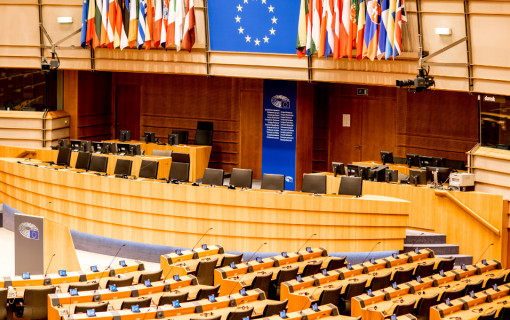
Understanding, Adjudicating, and Resolving Election Disputes
Throughout the past two decades, IFES has been dedicated to providing technical elections assistance throughout the world. During this time, it has become clear that Lady Justice Wood is correct in her assertion: an effective resolution of complaints is integral to guaranteeing the integrity and legitimacy of an electoral system.
In an effort to guide election administrators, implementers, donors, and other stakeholders to effectively resolve election complaints, IFES has identified seven principle international standards in electoral complaints adjudication. These standards, which stem from the widely recognized fundamental right to participate in government, are outlined in this paper and covered in more detail in the forthcoming IFES publication, Guide to Understanding, Adjudicating, and Resolving Disputes in Elections.
The human rights community identifies several human rights as inalienable rights, including the right to take part in government through fairly chosen representation. As the Inter-American Commission on Human Rights has stated, “political rights are human rights of such importance that it prohibits their suspension.” These fundamental political rights provide the foundation for legitimate governance, which can be achieved by the organization of elections. Indeed, elections are human rights events; because elections are the means by which the people express their political will, they are the most important and most common mechanism for the implementation of the right to participate in government. These rights are enshrined in every major international human rights convention, which specifically highlight and discuss the importance of political participation via elections.










